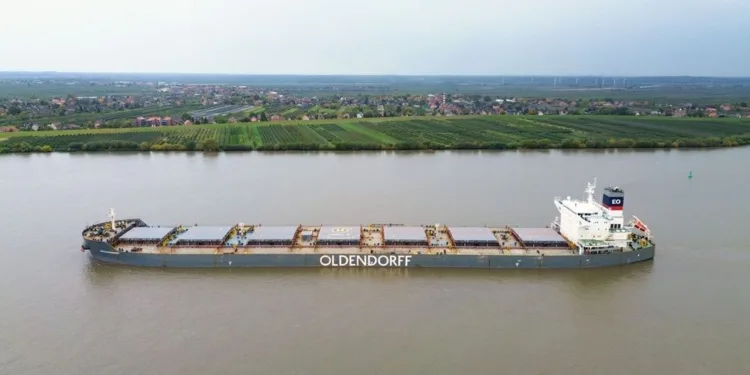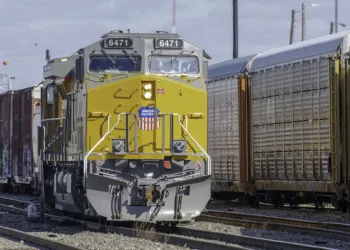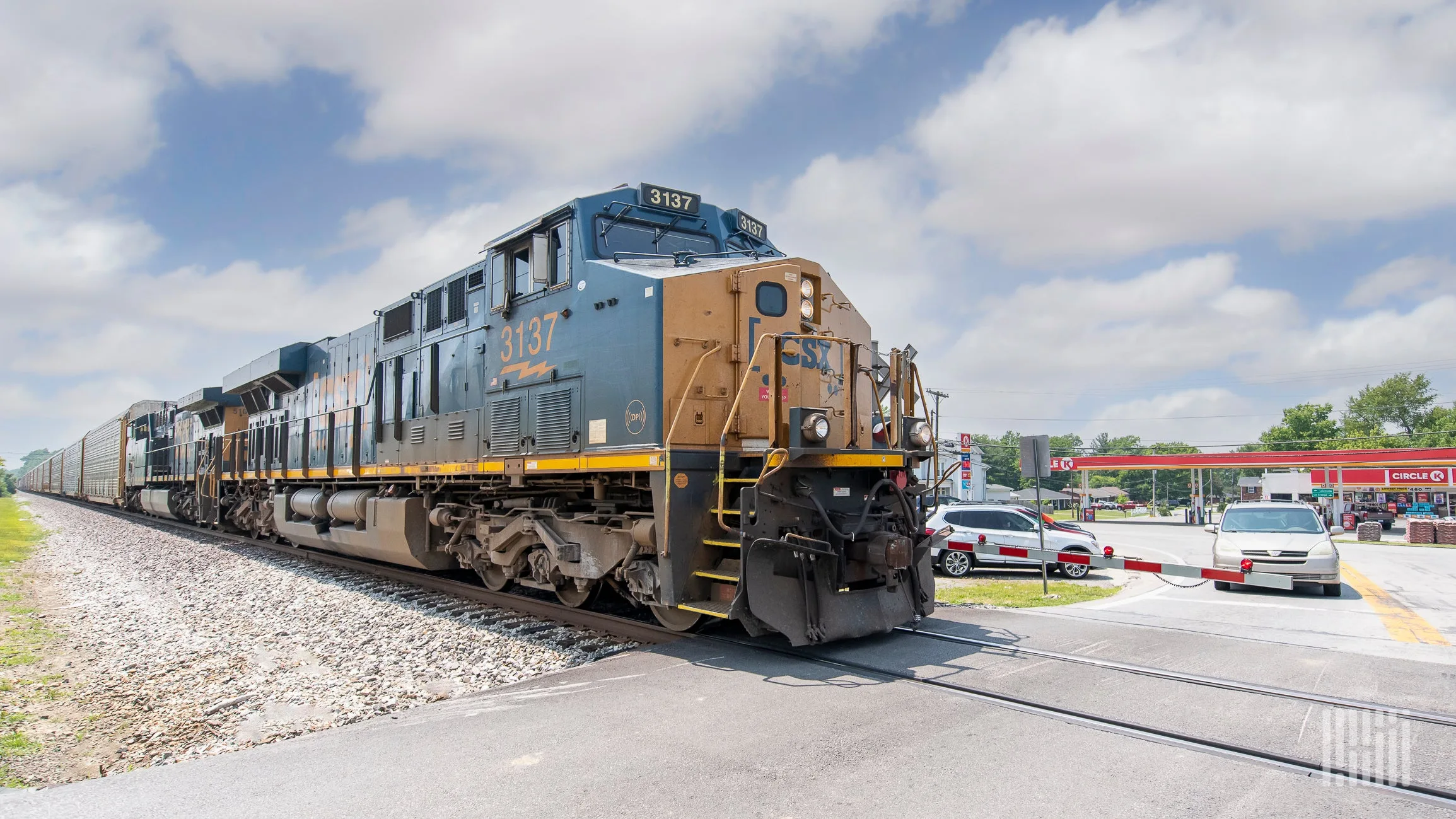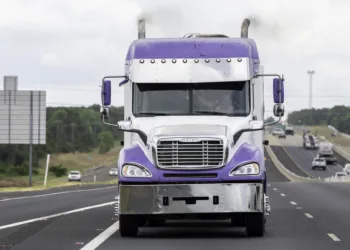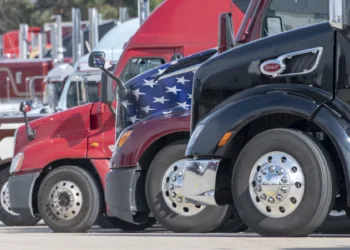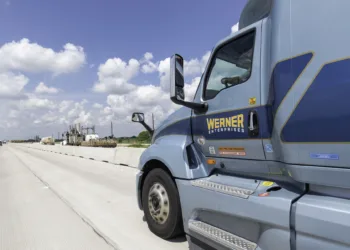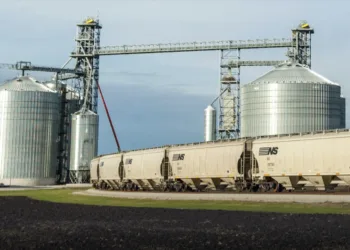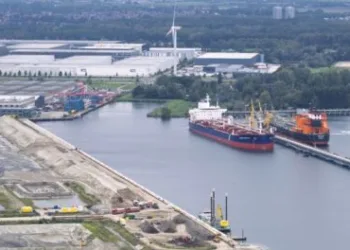German shipowner Oldendorff Carriers and fellow steelmaker Salzgitter have signed a long-term deal to lower carbon emissions from the seaborne transport of iron ore to Hamburg.
Starting in January 2026, Oldendorff will deploy fuel-efficient bulk carriers to move iron ore from various loading ports to Salzgitter’s steelmaking hub. The operation is expected to cut CO₂ emissions by at least 20%, saving around 19,000 tonnes of CO₂e over the contract period — the equivalent of taking 4,000 cars off the road for a year.
The companies said the initiative will not add costs for Salzgitter, noting that lower fuel use will generate operational savings while advancing both partners’ decarbonisation goals. The emission cuts will count as Scope 1 reductions for Oldendorff and Scope 3 reductions for Salzgitter.
“This partnership shows that emissions reduction doesn’t always mean higher cost,” the companies said.
“Logistics — especially seaborne raw material transport — plays a central role in our value chain,” said Gunnar Groebler, CEO of Salzgitter, adding that with Oldendorff the company is taking another step toward “cleaner steel production” under its SALCOS (Salzgitter Low CO₂ Steelmaking) transformation project.
Henrik Christiansen, executive director and head of sustainability at Oldendorff, said the deal reflects “the kind of collaboration the industry needs to make real progress in cutting maritime emissions.”
Oldendorff will use its modern ‘eco’-type bulkers, designed with optimized hulls, efficient engines and energy-saving systems to reduce fuel burn.
For Salzgitter, the move extends a broader decarbonisation push. In late 2023, the steelmaker teamed up with HGK Shipping to promote low-emission inland logistics and develop new tonnage for Germany’s river network.



